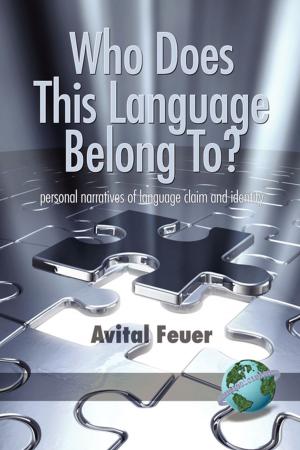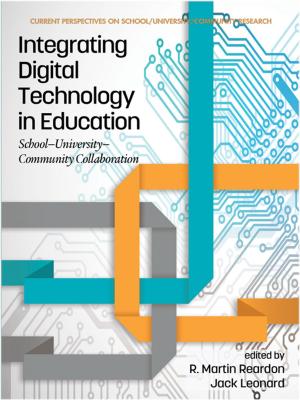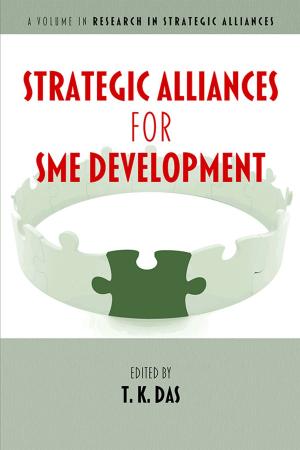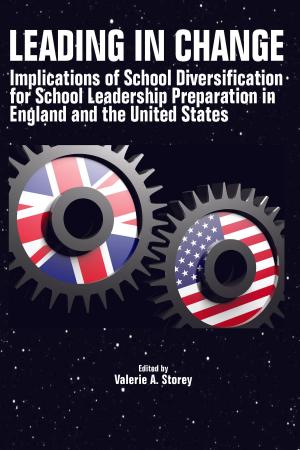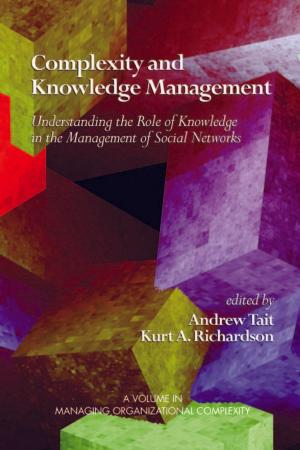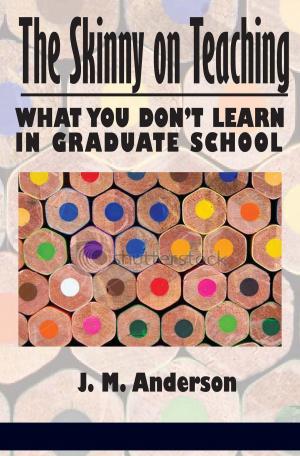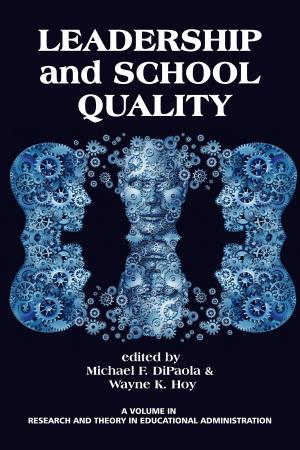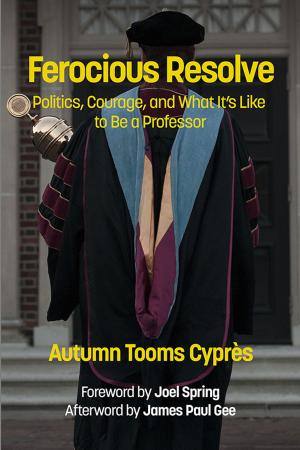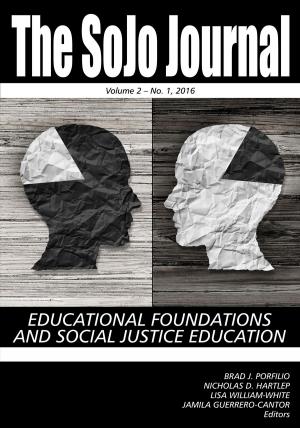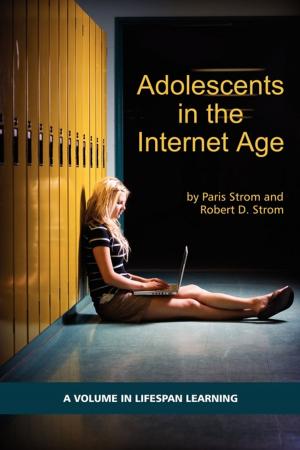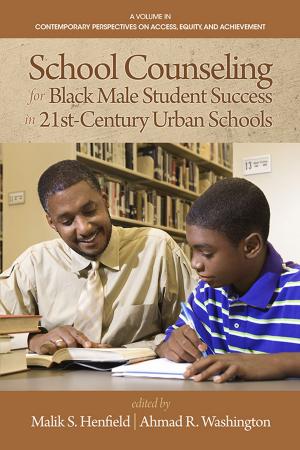Authentic Leadership
An Engaged Discussion of LGBTQ Work as Culturally Relevant
Nonfiction, Social & Cultural Studies, Social Science, Gender Studies, Gay Studies, Reference & Language, Education & Teaching| Author: | ISBN: | 9781623962616 | |
| Publisher: | Information Age Publishing | Publication: | May 1, 2013 |
| Imprint: | Information Age Publishing | Language: | English |
| Author: | |
| ISBN: | 9781623962616 |
| Publisher: | Information Age Publishing |
| Publication: | May 1, 2013 |
| Imprint: | Information Age Publishing |
| Language: | English |
This book provides new insights about the roles in which LGBTQ individuals contribute in society and various organizations. The literature is divided into two sections. Section one includes three chapters from higher education administrators, faculty and community activists. The chapters share personal narratives describing the life experiences of those who are often marginalized within academia. Each chapter provides personal and professional aspects of the authors’ lives. Section two includes four chapters which, shares voices of people whom are normally excluded from research. Each author’s identity is shared as an aspect of their research. The authors present a broad range of issues, challenges and concerns, supported by prior literature, organized around several broad topical areas and intended to fill the gaps in our knowledge about how LGBTQ leadership is engaged across multiple types of institutions and how the experiences affect the quality of life for LGBTQ individuals throughout the academic community. Their complex identities affect their research interests, findings, and interpretations. “Including the topics of leadership, LGBT issues, spirituality and race in one book is a miracle into itself.” Lemuel W. Watson “The first thing I remember missing when I arrived on campus was the presence of other gender queer or transgender people.” Shae Miller “My authority has been challenged in the classroom; as a queer/gender queer person I chose not to heed warnings that I should not come out to my classes” Shae Milller “Being nonheterosexual in student affairs can leave administrators feeling marginalized and lonely despite the inclusive mission statements, diversity philosophies, ally trainings, and mottos they espouse.” Joshua Moon Johnson “Many educators who serve within social justice roles put their own wellbeing aside in order to best serve students. Educators can only withstand a certain level of institutional, cultural, and individual oppression before they face burnout and lose hope.” Joshua Moon Johnson “I live at the crossroads of my identities. As a South Asian/Desi, Queer man from a working class, orthodox HinduBrahmin family and being the first in my family to complete undergraduate and graduate degrees, I often find myself in spaces where I do not quite fit in.” Raja Bhattar
This book provides new insights about the roles in which LGBTQ individuals contribute in society and various organizations. The literature is divided into two sections. Section one includes three chapters from higher education administrators, faculty and community activists. The chapters share personal narratives describing the life experiences of those who are often marginalized within academia. Each chapter provides personal and professional aspects of the authors’ lives. Section two includes four chapters which, shares voices of people whom are normally excluded from research. Each author’s identity is shared as an aspect of their research. The authors present a broad range of issues, challenges and concerns, supported by prior literature, organized around several broad topical areas and intended to fill the gaps in our knowledge about how LGBTQ leadership is engaged across multiple types of institutions and how the experiences affect the quality of life for LGBTQ individuals throughout the academic community. Their complex identities affect their research interests, findings, and interpretations. “Including the topics of leadership, LGBT issues, spirituality and race in one book is a miracle into itself.” Lemuel W. Watson “The first thing I remember missing when I arrived on campus was the presence of other gender queer or transgender people.” Shae Miller “My authority has been challenged in the classroom; as a queer/gender queer person I chose not to heed warnings that I should not come out to my classes” Shae Milller “Being nonheterosexual in student affairs can leave administrators feeling marginalized and lonely despite the inclusive mission statements, diversity philosophies, ally trainings, and mottos they espouse.” Joshua Moon Johnson “Many educators who serve within social justice roles put their own wellbeing aside in order to best serve students. Educators can only withstand a certain level of institutional, cultural, and individual oppression before they face burnout and lose hope.” Joshua Moon Johnson “I live at the crossroads of my identities. As a South Asian/Desi, Queer man from a working class, orthodox HinduBrahmin family and being the first in my family to complete undergraduate and graduate degrees, I often find myself in spaces where I do not quite fit in.” Raja Bhattar

